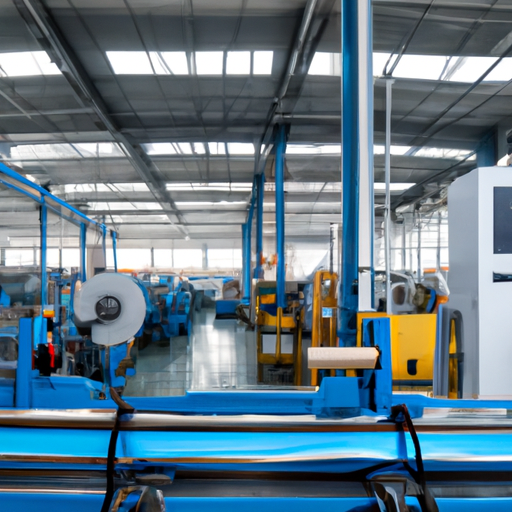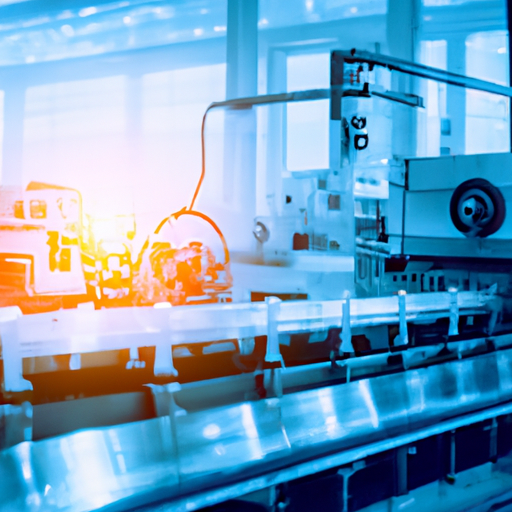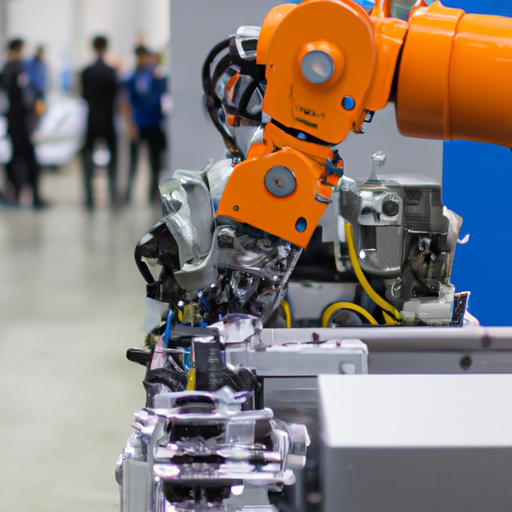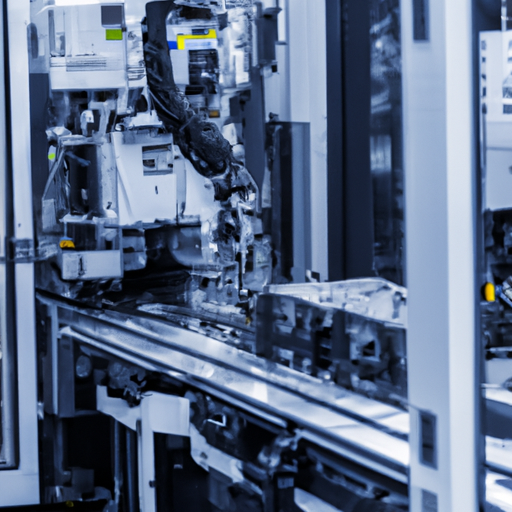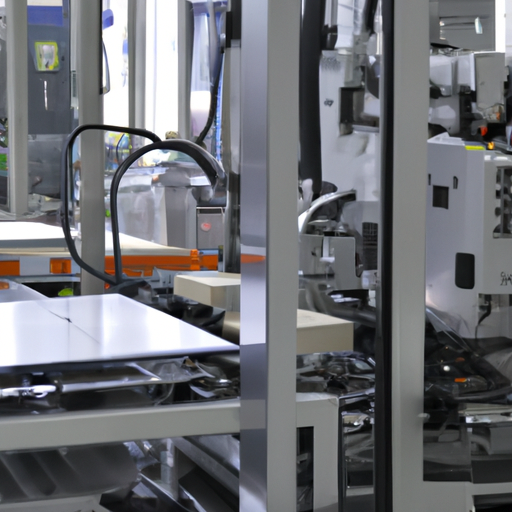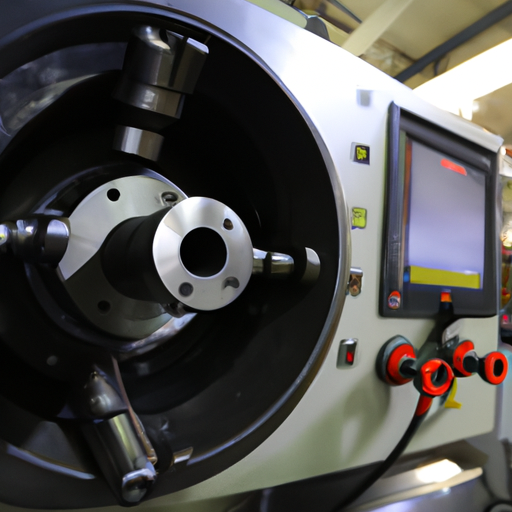Automated chicken farming equipment has revolutionized the poultry industry by making it more efficient, cost-effective, and sustainable. These technologies have significantly improved the overall productivity and welfare of chickens, while also reducing the labor and resources required for their care. In this article, we will explore some of the most common automated chicken farming equipment used in modern poultry operations.
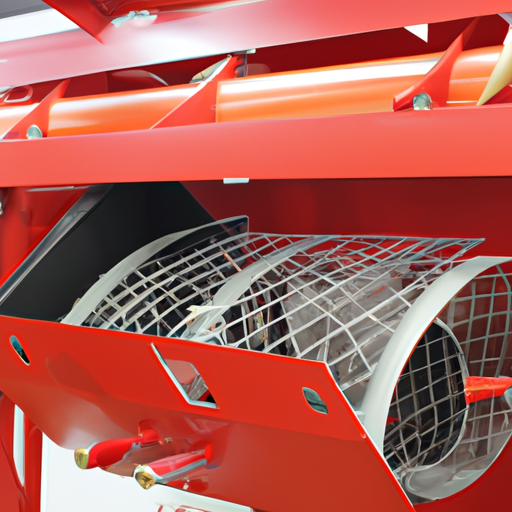
2. Automatic waterers: Like automatic feeders, automatic waterers are designed to provide chickens with a continuous supply of clean and fresh water. These waterers are equipped with sensors that detect when the water level is low and automatically refill the container. This helps to ensure that chickens always have access to water, which is essential for their health and well-being.
3. Egg collection systems: Egg collection systems are used to automate the process of gathering eggs from the chicken coop. These systems can be installed on the floor or suspended from the ceiling, and are designed to gently collect eggs without causing damage. Some egg collection systems are also equipped with sensors that can detect when an egg is laid and automatically transport it to a collection point.
4. Climate control systems: Maintaining the right temperature and humidity levels is crucial for the health and productivity of chickens. Climate control systems, such as heaters, fans, and ventilation systems, are used to regulate the indoor environment of the chicken coop. These systems can be programmed to adjust the temperature and humidity levels based on the time of day, season, and weather conditions.
5. Lighting systems: Lighting plays a key role in regulating the behavior and reproductive cycles of chickens. Automated lighting systems can be programmed to simulate natural daylight patterns, which helps to promote egg production and growth. These systems can also be used to control the duration and intensity of light, which can influence the chickens' feeding and resting patterns.
6. Automated manure removal systems: Manure removal is an important aspect of chicken farming, as accumulated waste can harbor harmful bacteria and pests. Automated manure removal systems, such as conveyor belts or scraper systems, are used to efficiently remove and dispose of waste from the chicken coop. These systems help to maintain a clean and hygienic environment for the chickens, while also reducing the labor and time required for manual cleaning.
7. Health monitoring systems: Monitoring the health and well-being of chickens is essential for preventing disease outbreaks and ensuring optimal growth. Automated health monitoring systems, such as sensors and cameras, can be used to track the chickens' behavior, activity levels, and vital signs. These systems can alert farmers to any signs of illness or distress, allowing for early intervention and treatment.
In conclusion, automated chicken farming equipment has revolutionized the poultry industry by improving efficiency, productivity, and sustainability. These technologies have made it easier for farmers to care for their chickens, while also reducing the labor and resources required for their care. By investing in automated equipment, poultry farmers can ensure the health and welfare of their chickens, while also increasing their profitability and success.

